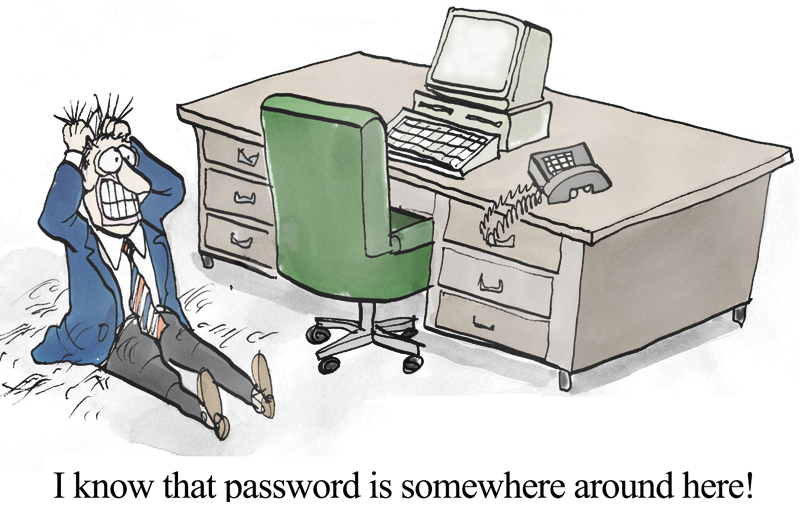Among your company’s most important assets are the materials used in your marketing and promotional efforts. But do you know where they really are … or who they really belong to?
Your website’s domain name, your product photographs, and those expensive demonstration videos are items you may assume that you own and can access easily. Don’t be so sure. In working with clients, we’ve encountered all sorts of pains in the assets.
For instance? A website that couldn’t be updated without a hefty payment to a hosting company. An entire library of videos produced by someone who no longer works at a company that may not exist anymore, all out there on YouTube and packed full of outdated information that can’t be removed or corrected. Beautiful photos shot for a brochure that can’t be used in advertising. The list goes on and on.
When clients hire companies to produce videos, photos, and web content, they often assume that because they’re paying the cost, the materials automatically belong to them. But when they sever the working relationship, or need to use the item down the road, they discover there’s no ownership … or no way to access those materials.
Take websites. Companies often bristle at what marketing agencies and design firms quote for sites, pointing to those mighty cheap “do it yourself” companies. Familiar with the adage that you get what you pay for? Or the one that says if something sounds too good to be true, it probably is? Uh-huh.
We’ve had numerous situations in which a client has asked us to make what seem to be remarkably simple changes to their website, only to discover that the company hosting that site uses a closed, proprietary system. A change that would take us 15 minutes on an open-source platform winds up taking several hours, and because proprietary systems are often ridiculously complex, making a change to one page often disrupts a dozen others.
A company’s domain name is one of its most critical assets, because it controls your web presence. If whoever set up your website years ago thoughtlessly registered that domain in his or her name, you may have lost control. Remember Joe Schmoe, that IT guy you fired in 2011 after discovering he was drinking on the job? Guess who legally controls your company’s domain?
Who set up your company’s Facebook and Instagram pages? Your entire social media presence may be registered under the name of someone who no longer works for you, or a vendor you stopped using years ago. So content full of outdated information, products you no longer offer, and people who no longer work for you are still out there popping up in web searches, and there’s nothing you can do about it.
Another common asset management problem involves items such as artwork and photography. Few companies have a central repository for photos and art, so when someone needs the original image used in a brochure three years ago, nobody knows where to find it. The digital files of the product art? Wait — weren’t they on Jenny’s computer? Or was it Ian’s?
A separate issue with items such as artwork involves usage rights. For example, if a photographer takes a product photo for you to use in a brochure, her invoice probably states that you have the rights to use it in that brochure. If you put the same image on your packaging and your website, she may be able to come after you for additional fees — because you bought rights to use the image, not the image itself.
Many companies believe they can pull anything they want off the web and drop it into an ad, a video, or a PowerPoint presentation. Not so. Those materials belong to someone else, and if they discover you’re using them, you’ll find yourself on the losing end of a costly legal action. Many content creators regularly scan the web to see if someone is using their materials without permission. You may not want to pay money upfront for licensing, but I can assure you that the cost will be a fraction of what a legal settlement will set you back.
My advice is simple: if you don’t fully understand what’s involved with managing these assets, don’t try to do it on your own. Find yourself a knowledgeable partner who understands the rules and will take steps to cover your assets … and your rights to use them.
Deborah Daily is co-owner of Buckaroo Marketing | New Media.
Published: July 10, 2019
Website Link: Inside Indiana Business – 07-10-2019
PDF Version: Inside Indiana Business – 07-10-2019 (PDF Format)






